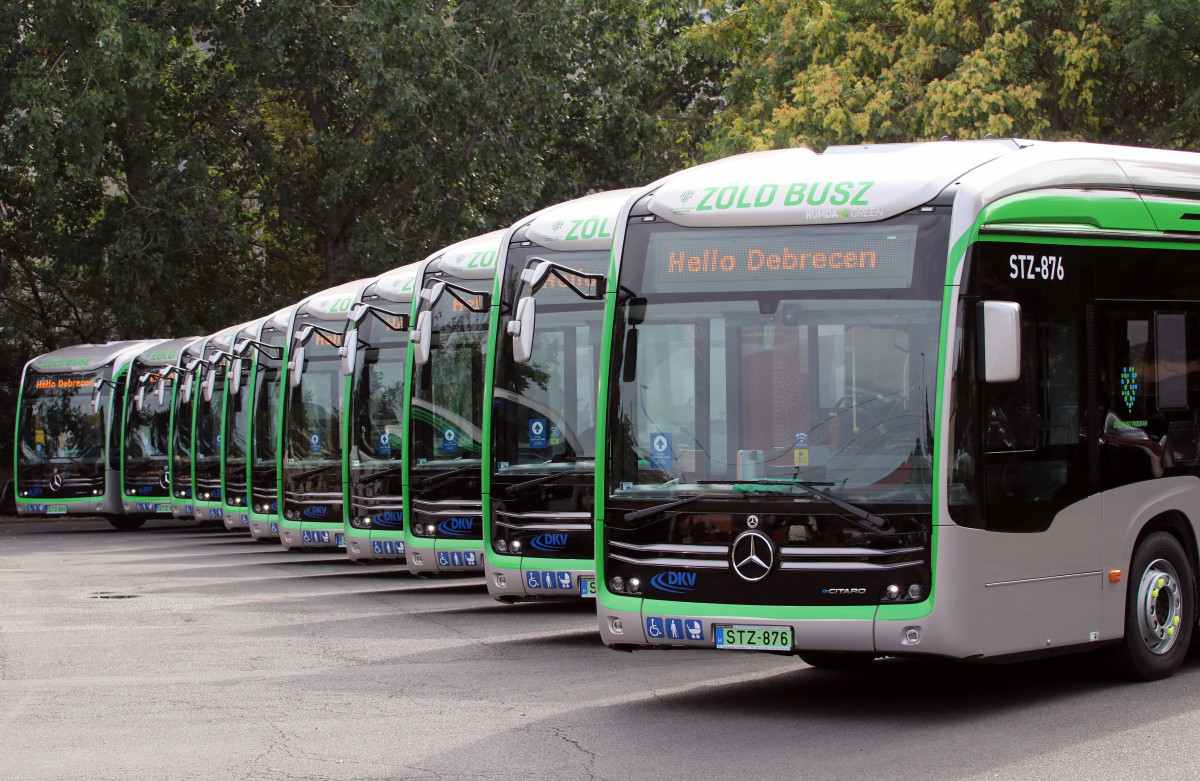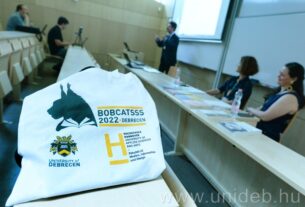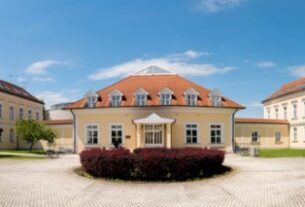The Informatics Faculty of the University of Debrecen and INTER TAN-KER Zrt. are developing a unique data collection and analysis unit for the operation and production of buses.
The joint hardware and service of the Faculty of Informatics and INTER TAN-KER Zrt. collects the information measured in the buses and performs real-time artificial intelligence-based data processing on site. In this way, the most important technical data on the operation and technical condition of the buses will be continuously available to the vehicle operator and the manufacturer.
The ITK Production Operation, Training & Support System will be a vehicle-mounted telemetry data collection and analysis unit, the operation of which is crucial due to continuous monitoring and maintenance. According to the plans, the instrument will already be integrated into the chassis of the vehicles during the production of the buses, so that not only the real-time data but also the production characteristics can be displayed during the service.
András Hajdu, dean of the Faculty of Informatics of the University of Debrecen, said at the information session held on Monday as the professional leader of the project: the data-oriented approach enables modern planning.
In recent years, data science and related artificial intelligence have appeared at many points and become a prominent part of the faculty’s teaching and research activities. This is helped by the fact that the supercomputers available on the Kassai út campus significantly help with the processing of large amounts of data, and the IK’s industrial collaborations also support professional work. During the analyzes related to the new development, many fields of science will appear, artificial intelligence and data science provide useful tools for this. We will also be able to collect data that can be used elsewhere in the country
– explained the head of the faculty.
Zoltán Horváth, the managing director of INTER TAN-KER Zrt. emphasized: the aim of the development is to operate the vehicles with good cost efficiency and high quality.
A lot of data can already be extracted from the buses, and this will be further developed during the program. We need data that can provide additional information during maintenance and repair, for example, the breakdown of the vehicle can be determined more precisely, and service can be predicted in advance, thus the intervention can become more cost-effective
– he added.
According to the plans, the device will collect and analyze a number of telemetry data: among other things, it will monitor steering angle, accelerator pedal use, fuel consumption, engine load and speed, GPS information, coolant temperature, and road surface condition, and driver training can also be steered in a more modern direction.
Due to the composition of the current vehicle fleet, the development will start with the inclusion of diesel-powered vehicles in the first round.
Thanks to the analysis module and integrated sensors, the environmental and vehicle evaluations complement each other. The technological know-how that we already use in practice for self-driving vehicles is largely the same as what we will use for data collection. Artificial intelligence modules collect, analyze and evaluate data. Since sensors can already be installed during production, they can contribute to increasing the lifespan of buses. Our goal is also to be able to measure different, changing data in traffic jams and in undisturbed conditions
– listed László Kovács, assistant professor of the Faculty of Informatics of the University of Debrecen, as the professional implementer of the project.
The joint consortium of INTER TAN-KER Zrt. and the University of Debrecen received HUF 469.2 million in non-refundable support from the European Regional Development Fund for the approximately HUF 756 million development.
unideb.hu


















